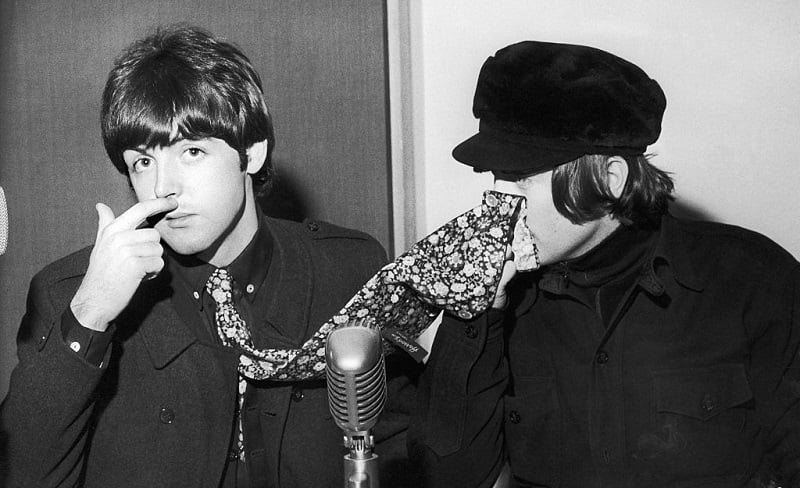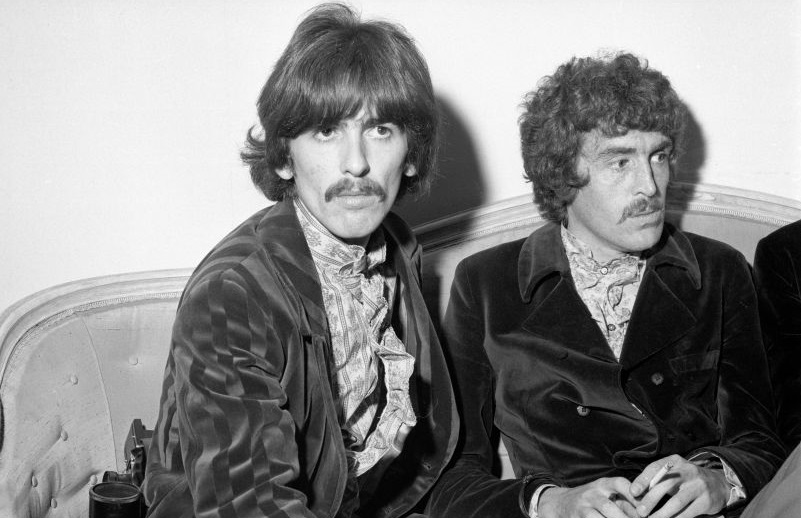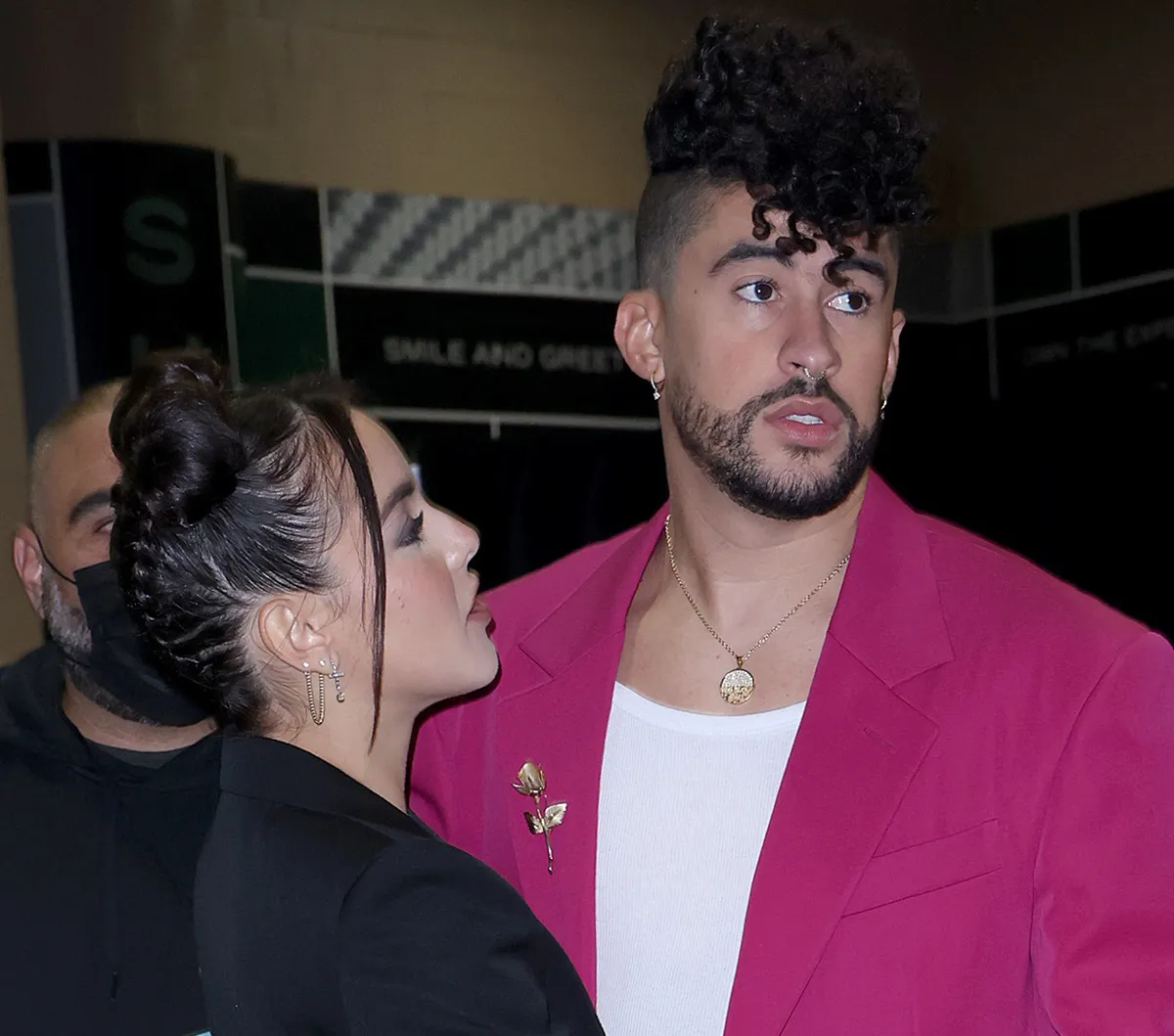Why The Beatles Didn’t Think ‘Sgt. Pepper’s’ Was Their Best Work
When music writers and critics decide to round up the best Beatles album, you find a familiar record at the top: Sgt. Pepper’s Lonely Hearts Club Band. Rolling Stone not only named it the best Fab Four album; the magazine ranked it No. 1 on its list of “500 Greatest Albums of All Time” in 2012.
There’s more where that came from. You’ll hear the oft-repeated line Ringo Starr delivered for the Anthology project. (He called it “our grandest endeavor.”) To Paul McCartney, whose work dominated the album, it was an album “in the spirit of the age,” “a huge advance” for the group, something the band did as “spokesmen” for their generation.
Another quote from Paul could hint at one reasons behind his personal regard for the album. “If records had a director within a band, I sort of directed ‘Pepper,’” he said in 1990. (At other points, Ringo has cited the much heavier 1966’s “Rain” and 1968’s “Yer Blues” as his favorite tracks.)
Meanwhile, John Lennon considered it important but not the band’s best. As for George Harrison, who only had one song on Pepper, it’s not difficult to see why he didn’t consider it a high point, either.
John Lennon didn’t buy into the concept — or the music.

When you read about the origins of Sgt. Pepper’s, you start to see how much Paul was invested in the record. In the months leading up to the recording, he’d been obsessed with the Beach Boys’ Pet Sounds and in many ways wanted to top it.
“Penny Lane,” which Paul recorded early in the Sgt. Pepper sessions, had that “clean American sound” of the Beach Boys he’d tried to nail down. As for the concept of the fictional band and the singer Billy Shears, that also came from Paul’s mind during his 1966 travels
But John wasn’t taken by the concept. Though he penned the masterpiece “Day in the Life” and considered Pepper a landmark in the band’s development, John didn’t share Paul’s enthusiasm for the music itself. John, always the rocker, didn’t love the departure from a guitar-based sound.
“I always preferred [The White Album] to all the other albums, including Pepper,” John said in 1971. “The Pepper myth is bigger, but the music on the White Album is far superior.” As for the fictional band, John didn’t pay that any mind.
“All my contributions to the album have absolutely nothing to do with this idea of Sgt Pepper and his band,” he told David Sheff in 1980.
George Harrison was basically a no-show on the record.

While John had great moments despite disregarding the Sgt. Pepper concept, George had a very different view of the album. After his immersion in Indian music (and a long vacation in India), George found the idea of returning to life as a studio musician a bit dreary.
“A lot of the time, it ended up with just Paul playing the piano and Ringo keeping the tempo, and we weren’t allowed to play as a band so much,” he said in Anthology. “It became an assembly process – just little parts and then overdubbing – and so for me it became a bit tiring and a bit boring.”
As for the Pepper concept, that also didn’t inspire George. “I felt we were just in the studio to make the next record, and Paul was going on about this idea of some fictitious band,” he said. “That side of it didn’t really interest me.”
If you check the credits, you’ll find George only with “Within Without You” to his name. Otherwise, he didn’t factor in much at the Pepper sessions, as Paul recalled. He said recording George’s very Indian track was “really the only time during the whole album, the main time, I remember him turning up.”
Paul forgot to mention the sessions for “Only a Northern Song,” George’s track that didn’t make the cut on Sgt. Pepper’s. In that case, the band simply wrote off his song and moved on to the next item on their agenda.
Also see: Why Eric Clapton Was So Nervous About Playing on the Beatles’ ‘White Album’


